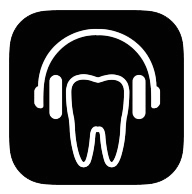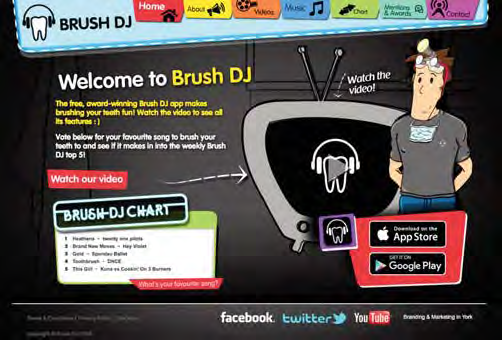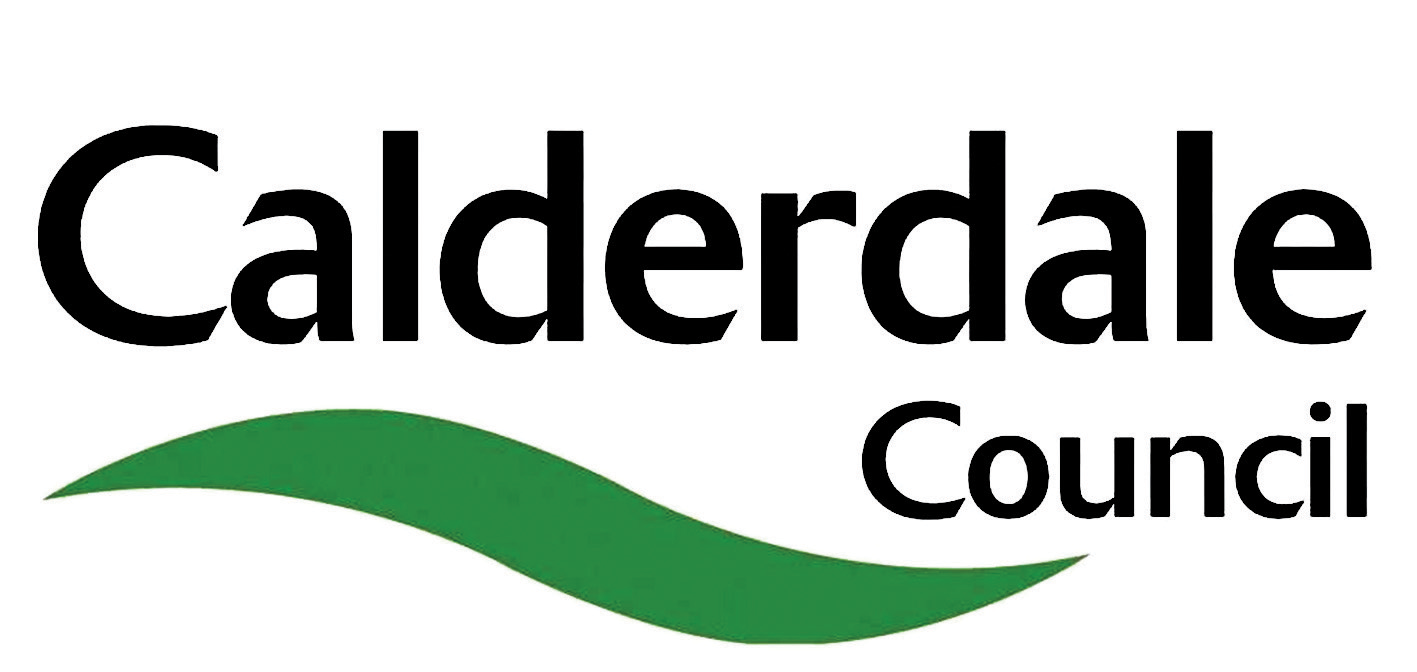In theory, tooth care should be quite simple - don’t allow children to have
sugary things too often and make sure their teeth are brushed well twice a
day for two minutes. In practice, it’s not that easy, the way sugary
products are advertised and promoted can make it difficult to limit them.
Although it’s not always easy, you should get your child into good habits
at an early age and they will need your help with toothbrushing until they
are seven. Make sure your child brushes their teeth last thing at night and
at least one other occasion with a family fluoride toothpaste that has levels
of between 1000-1450 parts per million (ppm) fluoride. Check the tube for
fluoride content. When your child turns three, use a pea sized amount of
toothpaste, prior to that use just a smear. Adults and children should spit
not rinse after brushing with a fluoride toothpaste for maximum
effectiveness.
Download this toothbrushing timetable to help your child develop good brushing habits.
Get your child used to visiting the dentist and take them to an
appointment with you to reassure them. Talk to your health visitor
and take your child to a dentist as soon as you can. Ask your dentist
about brushing on FLUORIDE VARNISH for added protection
against tooth decay (for children aged three and above) - IT’S FREE!
From the age of three, children should be offered fluoride varnish
treatment at least twice a year. Fluoride varnish should be offered
two or more times a year for children of all ages with tooth decay or
those at high risk of developing it.
This story guide could be useful in preparing your child for a trip to the dentist.

As soon as teeth appear in the mouth,
parents should brush their baby’s
teeth in the morning and last thing
before bed.
Provide a healthy, balanced diet and
limit sugary food and drinks to
mealtimes only. Sugar or honey should
not be added to weaning foods.
Introduce drinking from a cup from
six months and stop bottle feeding by
one year. If children are brought up to
care for their teeth early on, it should
stand them in good stead for the rest
of their lives.
Do not give your toddler juice in a
bottle or sippy cup. They may use this
as a comforter and expose teeth to
fruit sugar all day long.
Fizzy drinks can contain large amounts of sugar,
which will increase the risk of tooth decay. All fizzy
drinks, fruit juice and smoothies contain acids
that can erode the outer surface of the tooth.
If you do have sugary, fizzy drinks, fruit juice or
smoothies, drinking these at meal times can help
reduce the damage to teeth. The best drinks to
give children are water and milk.
Try diluting fruit juice with sparkling water instead
of giving fizzy drinks. Remember to dilute
squashes well to reduce the sugar content in the
drink. Diet versions of fizzy drinks also contain
very few nutrients. Milk or water are much
healthier choices, especially for children.
Pick up some tips for reducing the amount of
sugar in drinks and meals at
www.nhs.uk/sugar-smart/home
Use a family fluoride toothpaste right from the
start. Remember that good tooth care will come
from you, mums and dads, brothers and sisters.
Take opportunities to let them watch you
brushing your teeth. Explain what you are doing
and why you are doing it. Try to make it fun. Visit
the dentist as a family.
 Brush DJ
Brush DJ
This app can help encourage children to brush
for 2 minutes.

1
Golden rule - support your child
brushing their teeth with a fluoridated
toothpaste last thing at night and at
least one other occasion every day.
2
It’s never too early
to start taking your
child to the dentist.
3
Tooth decay is almost totally
preventable. Get it right from
the start. Know what causes
teeth to go bad.




